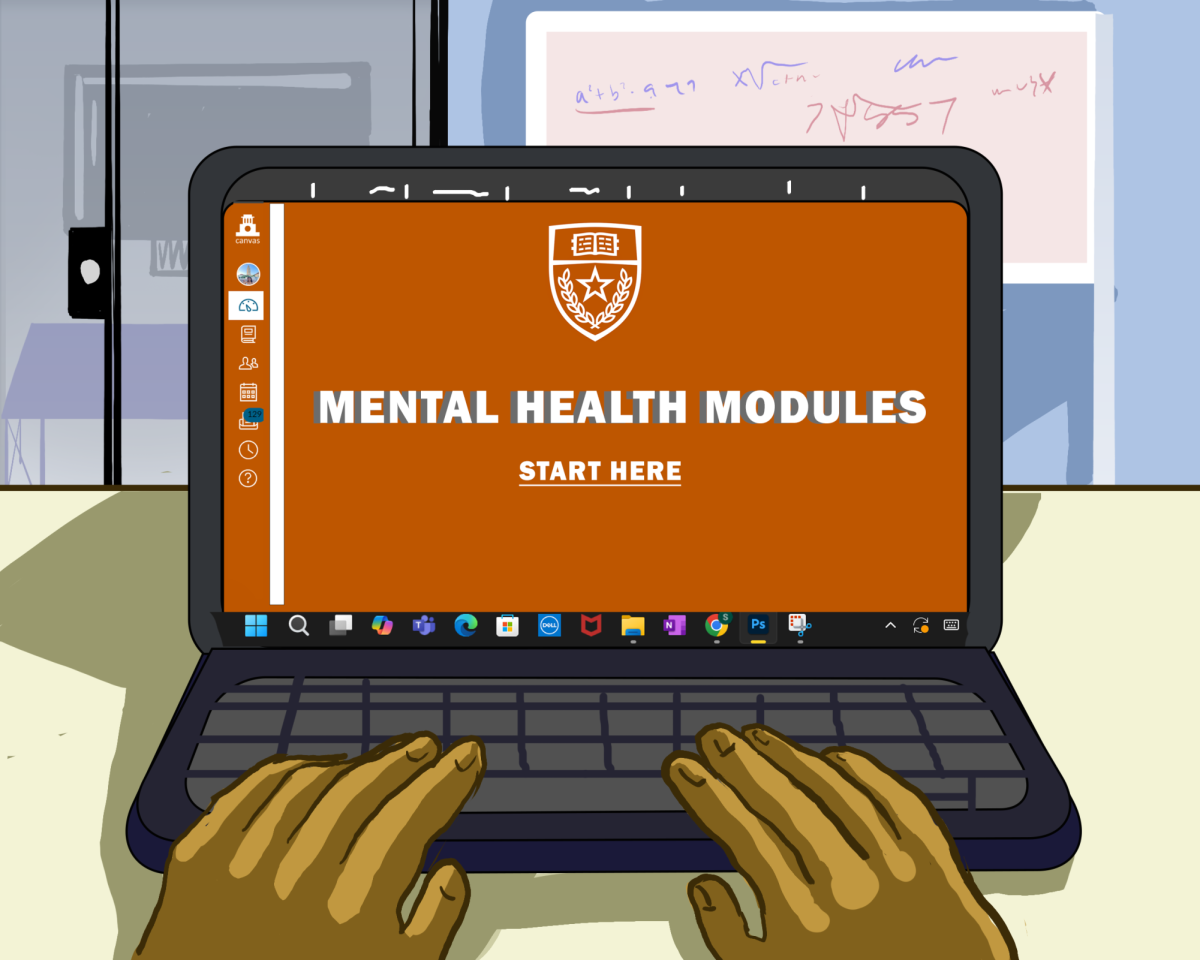This April marks 10 years since the EdEN Lab, formally known as TX Sprouts, began its research initiative, which helps build and maintain gardens for elementary schools.
Jaime Davis, principal investigator for the EdEN Lab, previously worked with existing gardens in Los Angeles in 2007 and later built the program’s first gardens there in 2012. The program has since expanded to 75 schools over six states. In 2015, the National Institutes of Health granted her funds to build gardens in Texas through TX Sprouts, later renamed the EdEN Lab in 2018. The gardens’ researchers are located at the University and help facilitate their growth.
“It was a very small grant that I got to develop a garden-based intervention and in 2007 when I was in (Los Angeles) and basically had really effective findings similar to what we were seeing with our million-dollar NIH grants,” Davis said. “Teaching kids where their food comes from is a really powerful tool for behavior change.”
Davis and her team conducted a survey of students from schools that built gardens as well as schools that hadn’t yet built any. Her research shows students in schools with gardens had better standardized test scores, lower cholesterol levels and better diets, with students more interested in vegetables than those in schools without gardens.
“The best part about it is that it does a lot in the real world setting because we’re outside, and it’s using the garden to foster problem-solving skills,” said Megan Copenhaver, a librarian for Carver Elementary School, one of the schools where Davis’ team built a garden. “It gives them responsibility, teamwork and teaches them environmental and sustainability impacts.”
Training specialist Bonnie Martin helped design the gardens to be outside classrooms with seats and a whiteboard. Martin collaborates with teachers and instructors to complete monthly Canvas modules that guide them in creating engaging lessons for their students.
“It might be modifying the actual lesson and teaching it in the garden, or it could actually be using it as an assessment tool,” Martin said. “The kids learn in the classroom how to measure perimeters on a piece of paper, and then you take them out to the garden, and (they) have to measure the perimeter of a rectangular (garden) bed. Can they translate those same concepts into a real-world example?”
The gardens do more than just teach students, they also create a sense of community in their schools by bringing local groups together to help build the garden. Copenhaver said her students’ parents even organized a program called “Coffee in the Garden,” where they meet monthly to maintain the garden.
“It’s become a big, immersive, ongoing learning experience,” Copenhaver said. “We just didn’t realize it would get as successful. It’s been a lot of fun to see how meaningful it is to the kids and to the parents.”
Although the NIH funding ended in 2020, the EdEN lab has sustained itself using funds from the Sprouts Healthy Communities Foundation. The lab is taking applications from teachers in schools with gardens until May 1 to become a part of SproUTing Teachers, which provides personalized training for instructors to adapt their curriculum to outdoor learning.
“I have yet to have one negative complaint about having a garden,” said Deana LeGassick, an instructional coach at Steiner Ranch Elementary. “We are pretty special to be able to have it and to have the community and the staff to support it.”














